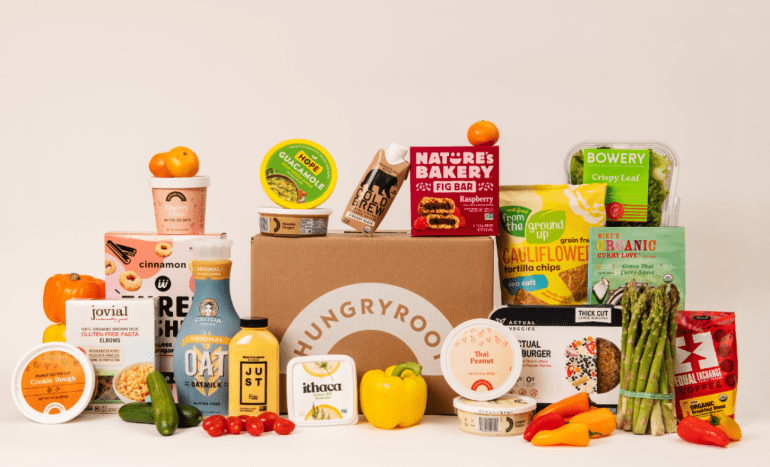- Hungryroot employs AI to personalize food delivery, reducing waste.
- US food waste contributes to climate change, with one-third ending up in landfills.
- Traditional meal kit services mitigate waste, but Hungryroot goes further.
- Through extensive user data collection, Hungryroot tailors meal plans to individual needs.
- Users receive precise portions, minimizing excess and reducing waste.
- Hungryroot’s model leads to an 80% reduction in waste compared to supermarkets.
- Investors praise the company’s profitability and customer-centric approach.
- Backed by prominent investors, Hungryroot has secured $75 million in funding.
Main AI News:
In the United States, a staggering one-third of produced food ends up in landfills, exacerbating climate issues through surplus production, excessive packaging, and inefficient distribution systems.
Recent research revealed in the esteemed journal Science underscores the profound impact of food production, attributing 26% of global greenhouse gas emissions to this sector. While meal kit services like HelloFresh and Blue Apron mitigate waste by providing precise ingredients for specific recipes, Hungryroot takes a pioneering approach.
Based in New York, the 9-year-old startup employs artificial intelligence to offer personalized culinary experiences, delivering exact portions tailored to individual needs. Through an extensive questionnaire covering dietary preferences, allergies, and cooking habits, Hungryroot’s algorithm crafts customized meal plans for each user, optimizing ingredient usage and minimizing waste.
Ben McKean, CEO of Hungryroot, emphasizes the platform’s commitment to efficiency and sustainability, stating, “Hungryroot is entirely designed to give you just the foods that you’re going to need for your week.” By providing straightforward recipes and ensuring users receive only what they require, the company achieves significant reductions in food waste.
Hungryroot empowers customers by providing visibility into their weekly cart contents, allowing for modifications and approvals. Moreover, the company optimizes its own operations by recommending surplus inventory based on user preferences, leading to a remarkable 80% reduction in waste compared to traditional supermarkets.
Investors recognize the strategic advantage of Hungryroot’s model, highlighting its sustained profitability and customer-centric approach. Jeremy Liew, a partner at Lightspeed Venture Partners, commends the company’s efficiency-driven business model, underscoring its appeal to consumers.
Backed by prominent investors including L Catterton, Crosslink Capital, and Lerer Hippeau, Hungryroot has secured $75 million in funding, poised for continued growth and impact in the sustainable food industry.
Conclusion:
Hungryroot’s innovative AI-driven approach to personalized food delivery represents a significant advancement in combating food waste. With a remarkable 80% reduction in waste compared to traditional supermarkets and sustained profitability, Hungryroot sets a compelling precedent for sustainability-focused businesses in the market, indicating a growing demand for efficient, eco-friendly solutions among consumers and investors alike.

